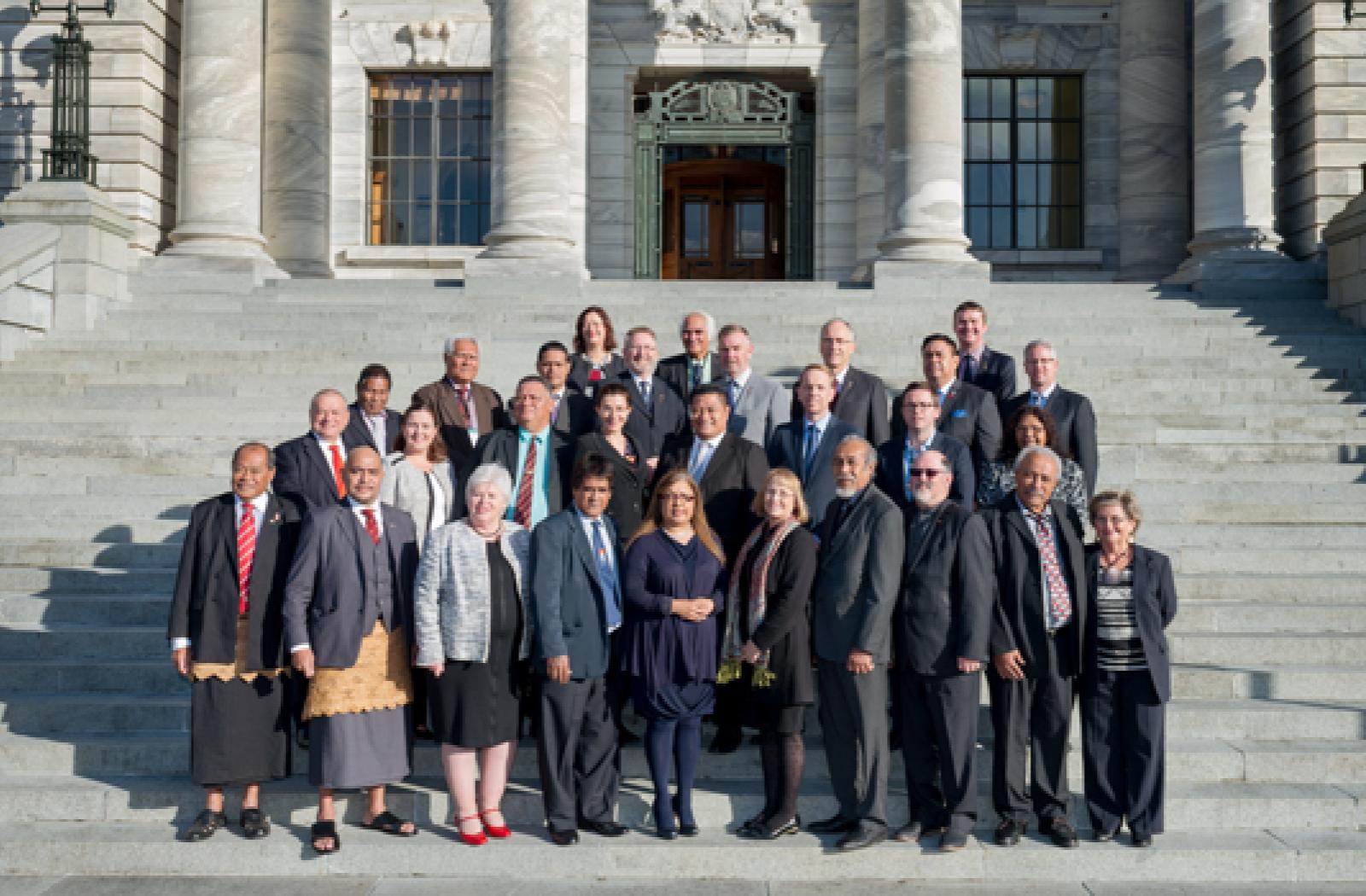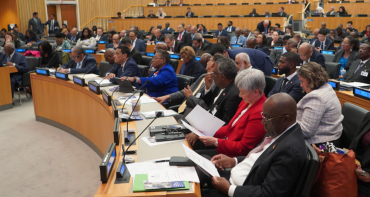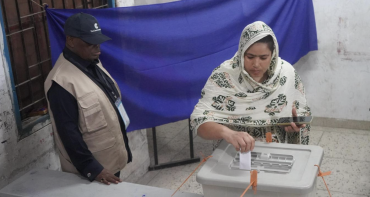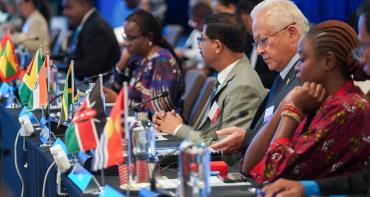Electoral commissions from thirty-nine countries have welcomed the announcement of a new Commonwealth compendium of good practice to assist member countries in delivering fair, credible and inclusive elections.

Electoral commissions from thirty-nine countries have welcomed the announcement of a new Commonwealth compendium of good practice to assist member countries in delivering fair, credible and inclusive elections.
The compendium, which draws upon the expertise and experiences of election commissioners from Africa, Asia, the Caribbean and Americas, Europe and the Pacific, was unveiled at a major international conference in Port of Spain convened by the Commonwealth Secretariat.
The Compendium of Commonwealth Good Practice on Election Management outlines standards for democratic legitimacy, legal and administrative frameworks and funding arrangements, and acts as a guide to democratic principles and practices for policy-makers.
Hosted by the Elections and Boundaries Commission of Trinidad and Tobago, the Commonwealth Electoral Network’s Biennial Conference, from 22-24 June 2016, was the fourth and the largest such conference since the CEN was established.
Commonwealth Deputy Secretary-General Josephine Ojiambo said the conference and compendium announcement together marked “an important milestone in efforts to enhance the Commonwealth’s democratic culture and to provide a service to our citizens,” adding: “One of the key strengths of the Commonwealth is that it converts principles and policy into practical action.”
The publication will be supplemented by a new series of Commonwealth elections toolkits, to help countries deal with challenges such as the power of incumbency, voter registration, new media, and maintaining their independence, it was announced.
Mark Ramkerrysingh, the incoming Chair of the Commonwealth Electoral Network (CEN), said he was delighted to receive the first proof of the publication, to which delegates contributed. “Elections by themselves are not sufficient to constitute a truly representative democracy, but there can be no representative democracy without elections,” he said.
During the conference, the heads of the election commissions deliberated on challenges such as the regulation of campaign financing and ensuring access for all to the democratic process, including women and minority groups. Delegates also received presentations by alumni of the Commonwealth’s successful Junior Election Professionals Initiative, which is strengthening the expertise of the next generation of electoral administrators.
Craig Jenness, Director of Electoral Assistance at the United Nations, commented: "This compendium is a valuable resource for understanding the contemporary challenges facing election management bodies, and provides insights into what constitutes good electoral practice. Drawing upon the expertise of so many diverse countries, it is a publication which will be of value to professionals both in Commonwealth countries and around the world.”
Ahmed Issack Hassan, Chairman of the Independent Electoral and Boundaries Commission of Kenya and outgoing CEN chair, said: “One example of the CEN’s ambition to demonstrate contemporary relevance in the documentation, definition and promotion of Commonwealth electoral practice is this compendium.”
Notes to Editors
Find out more online
The Commonwealth Electoral Network was established in May 2010 in Ghana, after it was endorsed by Commonwealth Heads of Government in 2009. Its aim is to facilitate experience sharing, create peer support mechanisms and embed good electoral practices in the Commonwealth’s 53 member countries.



